Melanie Hall Morris, BSN’83, MSN’86, found her calling in providing care for others. Obstetrics and women’s health have been her passion ever since she was an undergraduate student at Vanderbilt University School of Nursing. Now, as an assistant professor at the school, she researches innovative ways of facilitating the health of mothers and newborns during the postpartum period.
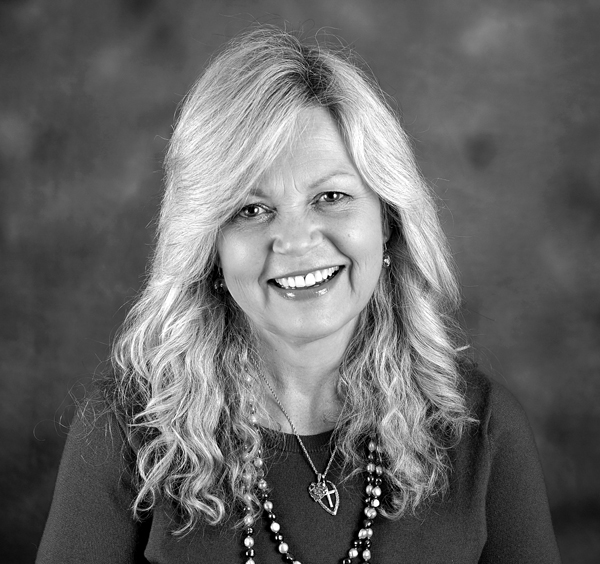
“I love the miracle of birth, being part of a mother’s birth journey and helping support her,” says Morris, a women’s health nurse practitioner who joined Vanderbilt’s faculty in 2008 after earning her Ph.D. in nursing at the University of Tennessee–Knoxville.
Among the many things she has learned helping others is the importance of taking care of oneself. At Vanderbilt, she promotes well-being among nurses and nursing students by advocating for intentional self-care. One particularly effective method, she says, is self-reflective journaling.
“Writing can be so healing,” she says. “It’s cheap, it’s quick and it’s available 24/7.” Plus, she adds, “When you are the only person in the conversation, there is no obligation to consider others’ opinions.” Morris refers to journaling as “CPR for the soul,” where CPR stands for compassionate, purposeful reflection.
She credits licensed professional counselors Kathleen Adams and Deborah Ross, co-authors of Your Brain on Ink, for helping her understand the intersection between expressive writing and neuroscience. “The idea is that you can rewire your brain by intentionally redirecting your thoughts in a more positive direction,” she explains. “I truly believe in the science that says reflective writing can lead to physical and emotional healing.”
Here, Morris shares her advice on how to begin journaling as a form of self-care.
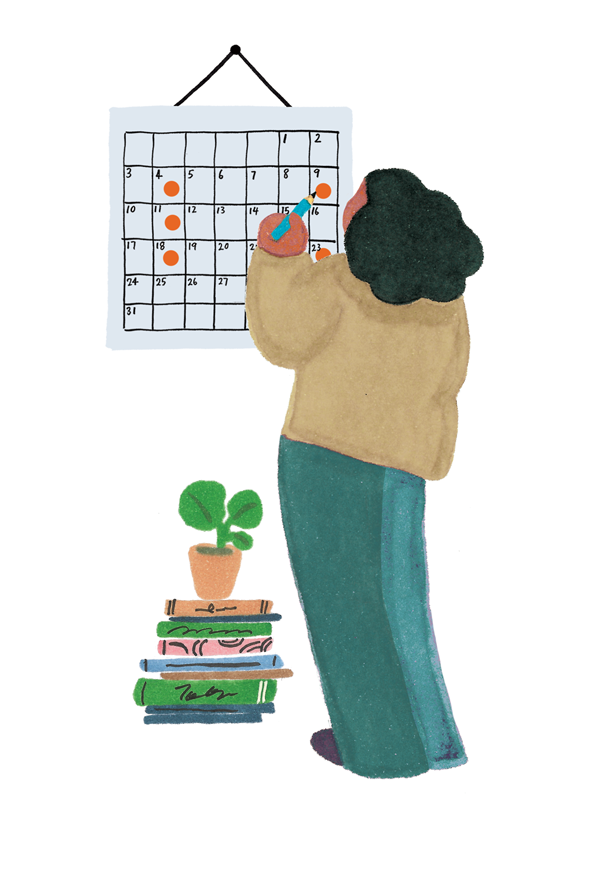
Pick a Time and Place
Committing to this practice may require that you schedule it in your calendar, just like you would an appointment, Morris says. “Create a safe space without interruptions, where your privacy and what you are going to put down are protected,” she advises, whether it’s a quiet room in your home or a park bench. “Wherever you feel peace,” she adds.
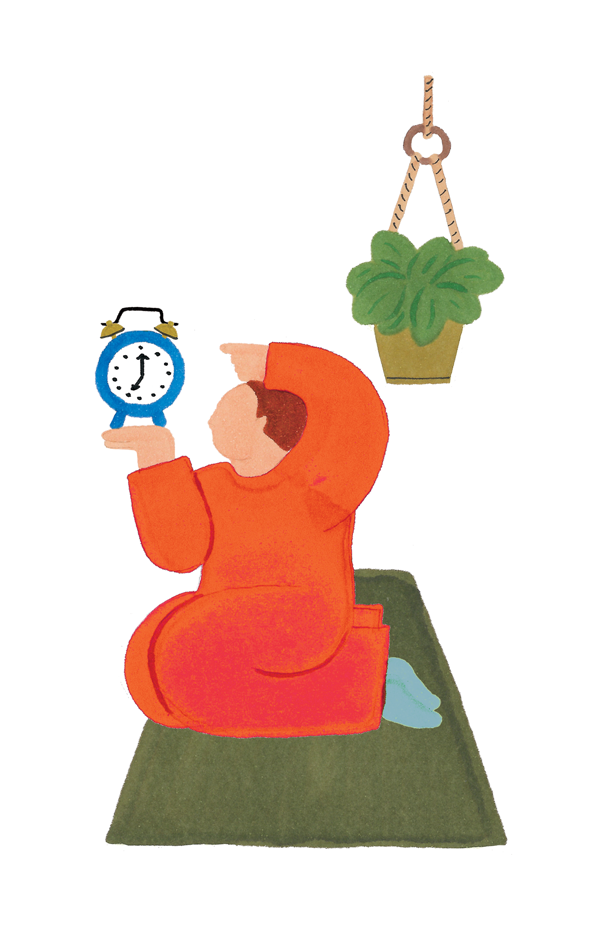
Don’t Get Boxed In
“Spending as little as five minutes writing can provide some clarity,” Morris says, “but it could be a minute, or an hour.” She acknowledges that 15 minutes a day could be too big a commitment for some people and might prevent them from sticking with it. “Any quiet time to reflect is beneficial, especially if you can do it compassionately,” she says. “We all have this inner critic who loves to berate us, but we don’t invite the inner critic to the party.”
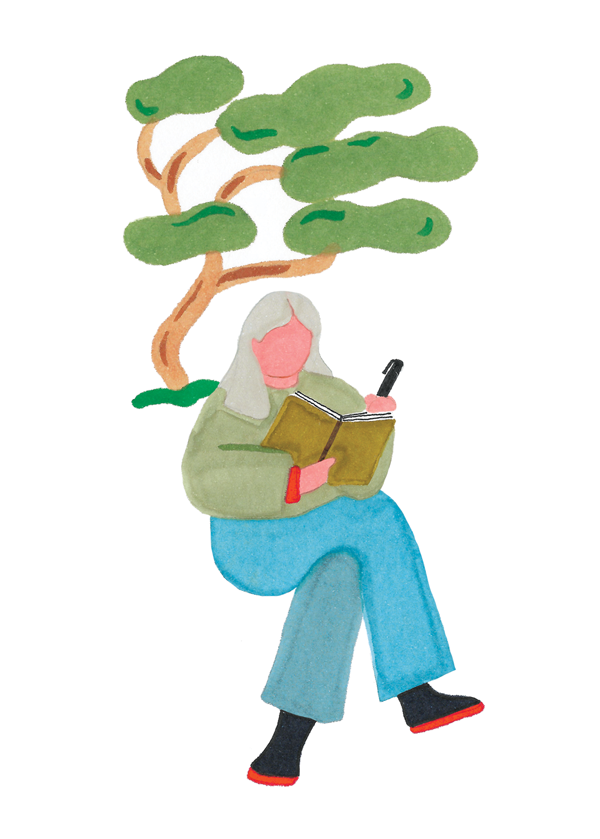
Do It Your Way
According to Morris, there is no right way to journal. “Let go of your preconceived ideas and just start,” she advises, even if that means writing down one word, religious passage or quotation, or listing three things for which you're grateful. While Morris prefers writing by hand, she understands that in our digital world, a laptop or tablet might be preferable. She believes that doodling and painting are acceptable, too, as is writing a letter that you don’t intend to mail. “If you are missing a loved one who has passed on, or you want a promotion, writing a letter is a great way to get stuff out, especially if there is conflict,” she says.
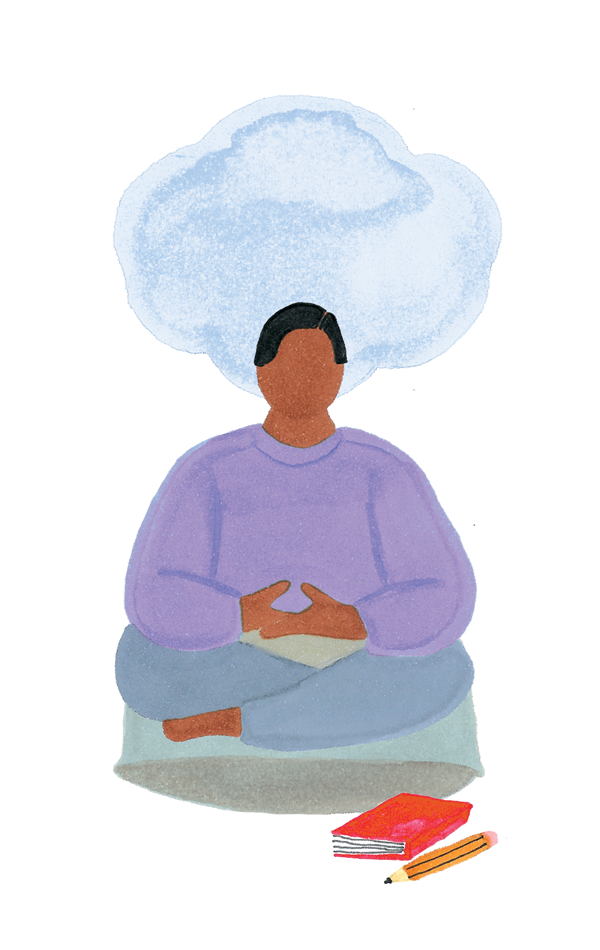
Free Your Mind
“Anyone easily can take time to reflect,” Morris says. However, getting your thoughts out of your head and down on paper allows you to clear space in your mind to think about other matters, “especially if you have negativity in your brain or are feeling bogged down. Stopping and dumping those thoughts out is therapeutic, often offers new insights and creates space for reframing your perspective to a more positive way of looking at things.”
Text by Elizabeth Cook Jenkins, BS’99
Illustrations by Grace Lee